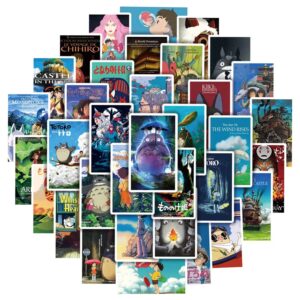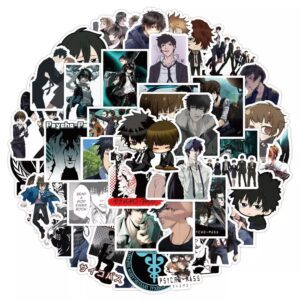It can’t be denied that Blizzard’s Overwatch has done a lot for the gaming industry. However, a lot of rumblings have shown a less than inspiring future with the potential birthing of Overwatch 2. Is this the right move for the title, though?
Overwatch, for many of these reasons, has built up quite a name for itself and its fans, of course, love it. The popularity can be seen with the way the players seek a boost in overwatch.. It successfully grew its relativity to the level similar to Unreal Tournament, but on a global scale. In a lot of ways it was the Fortnite before there was a Fortnite, just with the entry fee to boot.
It was only a matter of time before Blizzard decided it was long overdue for a sequel. The idea of an Overwatch 2 might come as an exciting proposition to many, but with this comes the questions that brought Bungie’s own baby Destiny a whole lot of harm. It’s the promise that a sequel can live up to its predecessor.
A Destiny Like Destiny
Destiny, and other games, have done this with their own disc re-releases, and of course, downloaded attachments. Taken King showed us that developers could go back and rework a title with a fresh coat of paint but also brand new content. It didn’t majorly lock all players from accessing content, with pre-purchase players getting new global content, while buyers of expansions got exclusive narratives and weapons.
Overwatch could definitely do this if it kept the current Overwatch as a hub game. Depending on how they grow their multiplayer, the best thing they can do is not segregate the community. But instead, keep it all together and use new content buyers to use their new purchase in the current game without leaving all they have already achieved behind.
It also means that players will come back to what they already own instead of conflicting them into dropping money on a title that separates it from the game already in their library. Knowing how Activision and its treatment of Call of Duty has worked out so far, you already see eight different versions of multiplayer across eight different games that no one is really playing because its all about the newest title.
Learn From The Past
If Overwatch is to join the live service squadron of modern video games, it truly has the potential to lead by example because of the current state it is already in. Destiny failed in this process, but if we look back to the games of old like Quake 3 Arena, we see a time when expansion packs worked incredibly well by solely adding to the base game.
The Sims also, while having sequels, has constantly provided add-on expansions to a base game so that fans weren’t tripping over buyers remorse. By keeping the original game the core foundation, and then improving and building upon it, then you have, in my opinion, a really strong future for your already locked-in fan base.
Rainbow Did It Right
Rainbow Six: Siege is another great example of this. The game started out a lot like Overwatch, but through a much needed restructure, it has now become one of the most played online games this generation.
It is a hub game that brings all adopters together, but constantly grows its platform for adopters to stay with it instead of leaving their hard-earned money behind on an abandoned relic, like many games of old. Overwatch 2 doesn’t need to create a relic of its older sibling—it needs to conjoin in player harmony.
Overwatch 2 has everything already in place for a bright future. It has the characters, the world, and the gameplay to become something consistently great. If it abandons its fans for a sequel future, then this won’t be a series that goes down in legend.
You can follow the journey of Overwatch’s current build via Blizzard’s main site, here.












